Exploring Democratic Governance of Solar Geoengineering Research
Program Areas – Science and Technology Policy, Complex Socio-technical Systems
International efforts to address climate change have focused on reducing the amount of warming greenhouse gases emitted into the atmosphere, or mitigation. But the political and technological difficulties of achieving mitigation targets have become ever more apparent, and adapting to unavoidable climate change has in recent years also become an essential component of international climate policy. Such difficulties have also pointed toward the possibility of a third response to climate change: intentional manipulation of the climate to reduce the negative impacts of warming, or geoengineering.
Should scientists conduct research on methods of directly intervening in the global climate to avoid the worst impacts of climate change? Prompted by concerns about climate change risks, some scientists and commentators argue that research on these techniques should now be pursued as one element of a climate policy strategy. Others are concerned that even researching these ideas might lead to the inadvisable development of fundamentally irreversible and uncertain technologies. Both sides agree that this is not an issue to be decided by scientists alone.
To better understand geoengineering, researchers have proposed a variety of field experiments. Some of these planned experiments to research a method called solar geoengineering have secured funding. Solar geoengineering is intended to reflect sunlight before it heats the atmosphere or to allow more heat to escape into space. As these scientists move ahead, how should research be governed to address existing concerns and uncertainties, and anticipate future ones?
This CSPO project will use innovative methods of engaging the public and stakeholders to address this question. Through workshops with key stakeholders and structured deliberations with hundreds of citizens, the research team will gain important insights into how geoengineering research governance can be responsive to public perspectives and concerns. The team will connect these insights directly to early governance efforts at the national and global level. These include efforts by researchers and research funders; advisory commissions overseeing experimental proposals; experts developing research codes of conduct; and international organizations engaged in ongoing conversations about geoengineering research and its governance.
Project Objectives
The project goals are twofold. First, by engaging with diverse groups of lay citizens, the project team aims to understand whether and how reasoned deliberation among citizens can usefully inform geoengineering research governance. Second, our team will study how this public input influences the way scientists, funders, and other stakeholders approach geoengineering research. The result will be a rich exploration of democratic governance of geoengineering research through public and stakeholder engagement.
By working with citizens to develop a balanced framing of the profound questions raised by geoengineering research, this project seeks to help experts and decision makers benefit from the insights and priorities of the public. If successful, this project can serve as a model for informing governance of other types of emerging technologies and controversial research.
Funder
This project is supported in part through a generous grant from the Alfred P. Sloan Foundation (2017-9921) to Arizona State University to examine alternative governance approaches and institutions associated with geoengineering research, focusing on solar radiation management field experiments, using participatory deliberation methodologies.
Partners
The Consortium for Science, Policy and Outcomes (CSPO) at Arizona State University (ASU) will be the lead institution for this project. A transdisciplinary consortium dedicated to understanding the linkages between science, technology, and society, CSPO draws on the intellectual resources of ASU and other institutions to assess and foster outcome-based policies.
The Expert and Citizen Assessment of Science and Technology (ECAST) network brings together academic research, informal science education, citizen science programs, and non-partisan policy analysis to engage citizens on decision making related to science and technology policy. Since its formal launch in 2010, ECAST has completed large-scale public engagement projects on biodiversity, asteroid exploration, and climate and energy.
PlanetWorks is an ASU-based initiative engaging the challenges of managing Earth’s systems in the Anthropocene. PlanetWorks’ mission is to catalyze research, discussion, and education around deliberate interventions in Earth’s systems, including geoengineering.
Meet the Project Team
Principal Investigators
-
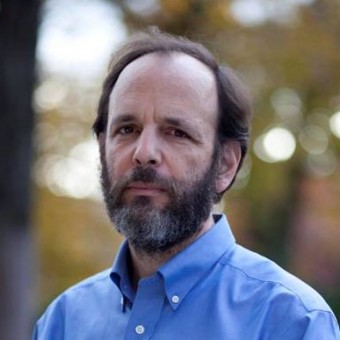
Daniel Sarewitz
Emeritus, Co-Director
-
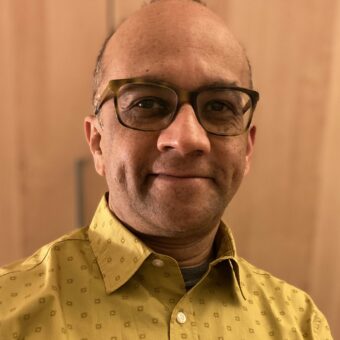
Mahmud Farooque
Associate Director, CSPO
-
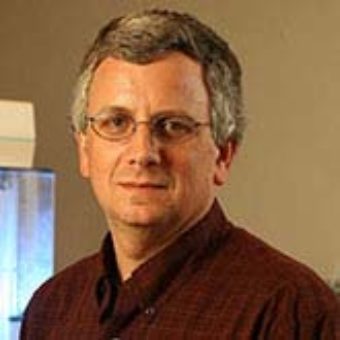
Ariel Anbar
Professor
Additional Team Members
-
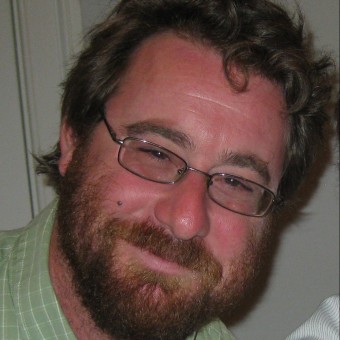
Ira Bennett
Co-director of CENTSS, Clinical Associate Professor
-
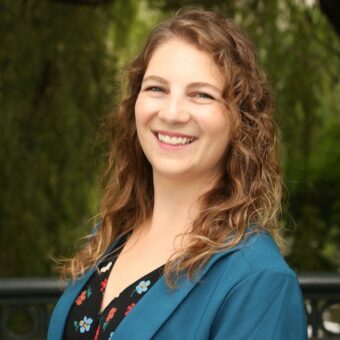
Emily Hostetler
Project Manager, CSPO
-
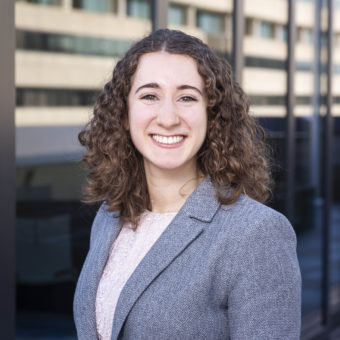
Leah Kaplan
PhD Candidate, George Washington University
-

Jason Lloyd
Managing Editor, "Issues in Science and Technology"
-

John Nelson
Doctoral Student, Arizona State University
-
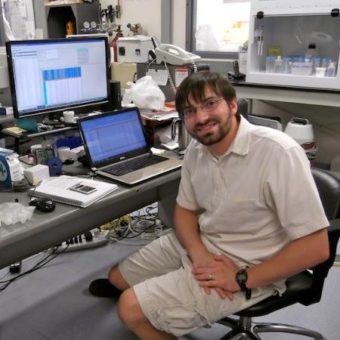
Stephen Romaniello
Assistant Research Scientist
-
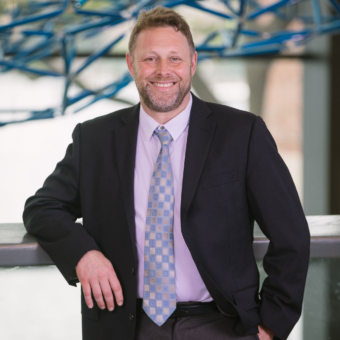
David Sittenfeld
Director, Center for the Environment, Museum of Science, Boston
-
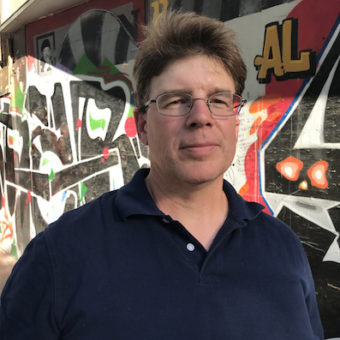
David Tomblin
Director, Science, Technology and Society Program, University of Maryland, College Park